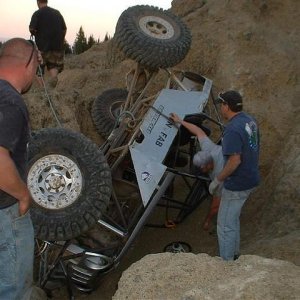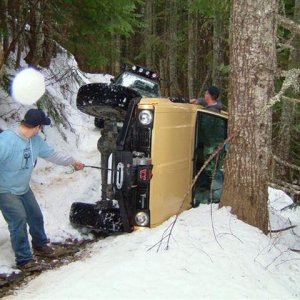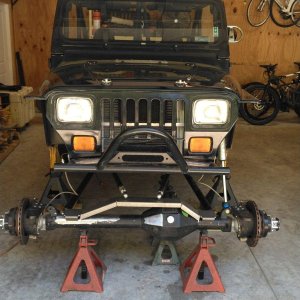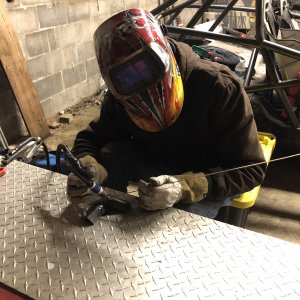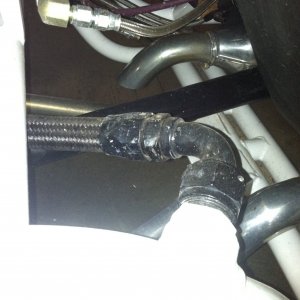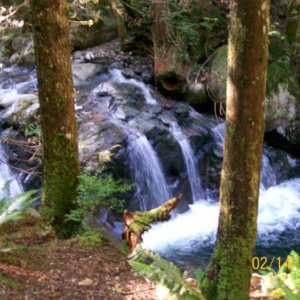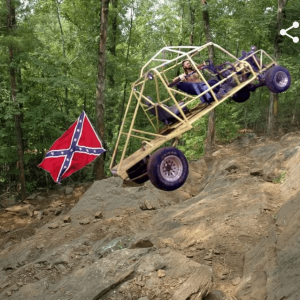I know you guys are mostly main-landers but on the peninsula there have been fights over Tahuya and guess what, Due to cooperation of organized groups they have won legal battle, after legal battle trying to close those trails, It is a ORV park and the trails are maintained and they do close trails and they do open new trails and there is somwhat harmony after being even closer to closure then reiter, whay are they still around? It was designated ORV land and it has people fighting for it.
If you work and can not attend meetings, write a letter and have someone you know is going to the meeting present it, or deliver it for you. If you have the opportunity to talk about the trails say positive things,
Don't talk about boo on the government, boo on the greenies, boo on the trash dumpers.
Say things like the trails are cleaner then ever, we are working WITH the DNR to establish set trails, it has taken alot of work but we are closer then ever.
People without a clue as to whats going on feed off of your input if all you say are negative things that is all they will repeat.
If you dream it you can do it! Shake and Bake!


